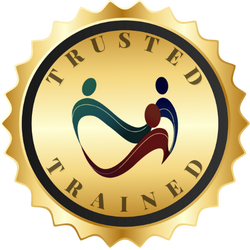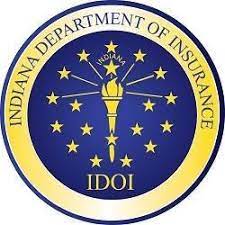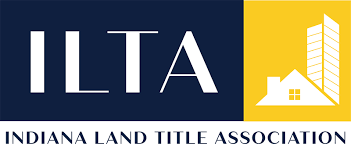Seller fraud, particularly seller impersonation fraud, has become a significant concern in the real estate industry. This type of fraud occurs when criminals impersonate legitimate property owners to illegally sell residential or commercial properties. Fraudsters use sophisticated methods, including falsified identification and personal information, to deceive buyers and real estate professionals. In many cases, they target properties that are vacant, rented, or listed below market value, making the fraud harder to detect and often leaving the actual property owners unaware of the crime until long after the sale has occurred. Source ALTA.org
Common Signs of Seller Impersonation Fraud
According to the American Land Title Association (ALTA), some red flags associated with seller impersonation fraud include:
Vacant or unencumbered properties: Fraudsters often target properties not occupied by the actual owner, such as investment properties, rental units, or vacant lots.
Quick, below-market transactions: Scammers usually push for fast sales at below-market prices, with minimal negotiation.
Limited seller contact: The fraudulent seller often avoids in-person meetings or provides vague contact information.
Remote Online Notarization (RON) technology is an effective tool in combating seller fraud. Here’s how RON can help:
Enhanced Identity Verification - RON platforms use multi-factor authentication, including credential analysis and knowledge-based authentication questions, to verify the signer’s identity, making it harder for impersonators to succeed.
Tamper-Evident Technology - Documents notarized online are embedded with tamper-evident seals that prevent alterations after signing, ensuring the document's integrity.
Recorded Sessions - RON sessions are recorded, providing an auditable trail of the notarial act, which can be crucial evidence if fraud is suspected.
Global Accessibility with Local Security Standards - RON allows notaries to perform their duties remotely while complying with state and national security regulations, thus maintaining high standards of notarization even when signers are not physically present.
Best Practices for Implementing RON to Prevent Fraud in Your Office
Regular employee training on recognizing signs of fraud and understanding RON’s security features can help title companies and real estate agents stay vigilant.
Use RON Certified notaries that utilize platforms that are MISMO-certified and have strong security protocols to ensure reliable identity verification processes.
Establish procedures for promptly reporting any suspicious behavior observed during the notarization process.
Seller impersonation fraud is a growing threat, but leveraging advanced technologies like RON can significantly reduce its occurrence and protect all parties involved in real estate transactions. Source ALTA.org
317-373-4370 | Info@ChristieNotary.com | ChristieNotary.com
Located in Indianapolis, Indiana
About Me: Since 2003, I have proudly served my community as a Notary Public, offering reliable and professional services. I transitioned to Remote Online Notarizations in 2020 and began serving as a Certified Apostille Agent in 2021. With extensive training and certification, I specialize in handling all types of legalizations, including complex Embassy Legalizations. Based in Indianapolis, Indiana, I am dedicated to providing efficient and stress-free notarization and apostille services both locally and worldwide.
The above affiliate links may result in compensation

























Comments